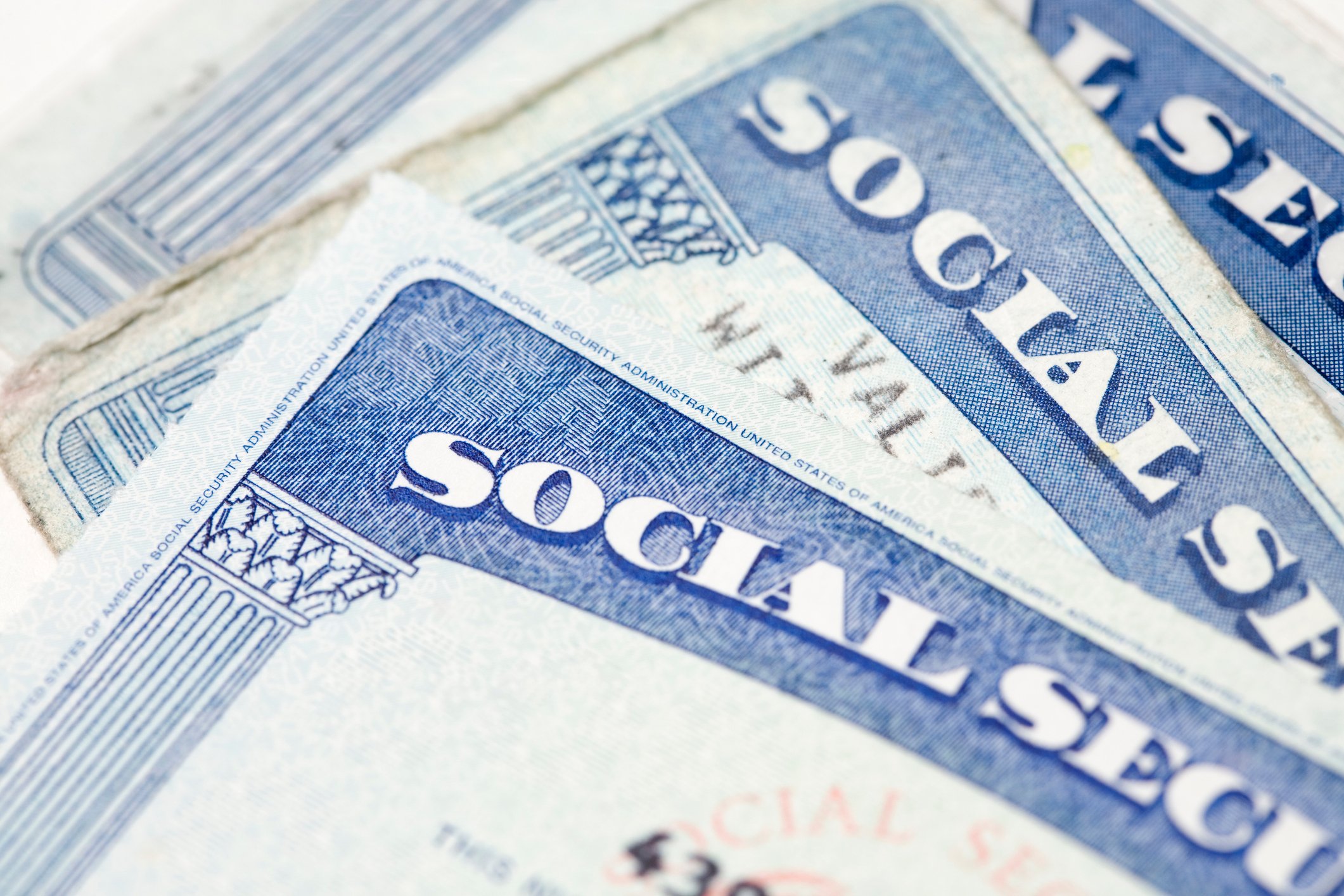When you have a long list of financial responsibilities, your top priorities may be to simply pay all the bills and keep food on the table. However, some of the most dangerous expenses are the ones you don't see coming.
Unexpected expenses could strike at any time, which is why it's crucial to have a well-stocked emergency fund for the next time your car breaks down or your refrigerator quits running. An emergency fund can also help you prepare for an unexpected job loss, because you never know when you might lose your source of income.
But an emergency fund can't prepare you for everything, and there are a few expensive costs that could take you by surprise.

Image source: Getty Images
1. Early retirement
As you're preparing for retirement, one of the most important factors to consider is the age you want to retire. However, there's no guarantee you'll actually be able to wait until that age to leave your job, and there's a good chance you may be forced into an earlier-than-expected retirement.
Approximately 4 in 10 workers say they retired earlier than they'd planned, according to a report from the Transamerica Center for Retirement studies, and two of the most common reasons for early retirement included health issues and job loss. If you're not preparing for the possibility of retiring sooner than you expected, your savings may not be ready if you are forced into an early retirement.
Of course, you can't predict whether you'll develop health problems or get laid off from your job late in life, but it is a good idea to try to plan the best you can. Even if you want to continue working for as long as possible, try to save as much as you can now. If you put off saving thinking you can keep working forever, you may be caught off guard if you have to retire early.
2. Long-term care costs
Long-term care is one of the most expensive costs you can face later in life, so it's important to start thinking about this expense now even if you're still decades away from retirement.
Approximately 70% of today's 65-year-olds will need long-term care at some point, according to the U.S. Department of Health and Human Services, and the average semi-private room in a nursing home will cost you more than $6,800 per month -- that's roughly $82,000 per year. As if those numbers aren't startling enough, Medicare typically doesn't cover long-term care costs. So if you do incur this expense, you may be on your own to foot the bill.
It can be tricky to prepare for long-term care because you have no way of knowing how much care you'll need or if you'll need care at all. You may choose to set a couple hundred thousand dollars aside in your retirement fund just for long-term care, but not everyone can afford to do that. Another option is to enroll in long-term care insurance. Premiums are hefty and could cost you a couple thousand dollars per year, but the earlier you sign up, the less expensive it is. If you end up needing several years of long-term care later in life, insurance can save you loads of cash.
3. Retirement taxes
An easy trap to fall into is thinking that the amount you have stashed in your retirement fund is how much you'll be able to spend in retirement. However, unless all your money is invested in a Roth IRA, you'll need to pay taxes on your withdrawals in retirement.
With a 401(k) or traditional IRA, your contributions are tax-deductible upfront, but you'll owe income taxes on the amount you withdraw once you retire. If you're not accounting for these taxes, you could end up withdrawing more than you planned each year in retirement -- which could throw off your entire plan.
One way to avoid taxes in retirement is to invest in a Roth IRA. You'll pay taxes when you make the initial contributions, but your withdrawals will be tax-free. That can make it easier to plan for retirement when you know that the amount in your account is the amount that is available to spend.
Life is full of surprises, and some of them can be costly. While it's impossible to prepare for every curveball that could be thrown your way, try your best to expect the unexpected. By considering these costs now, you can potentially save a lot of money later.





